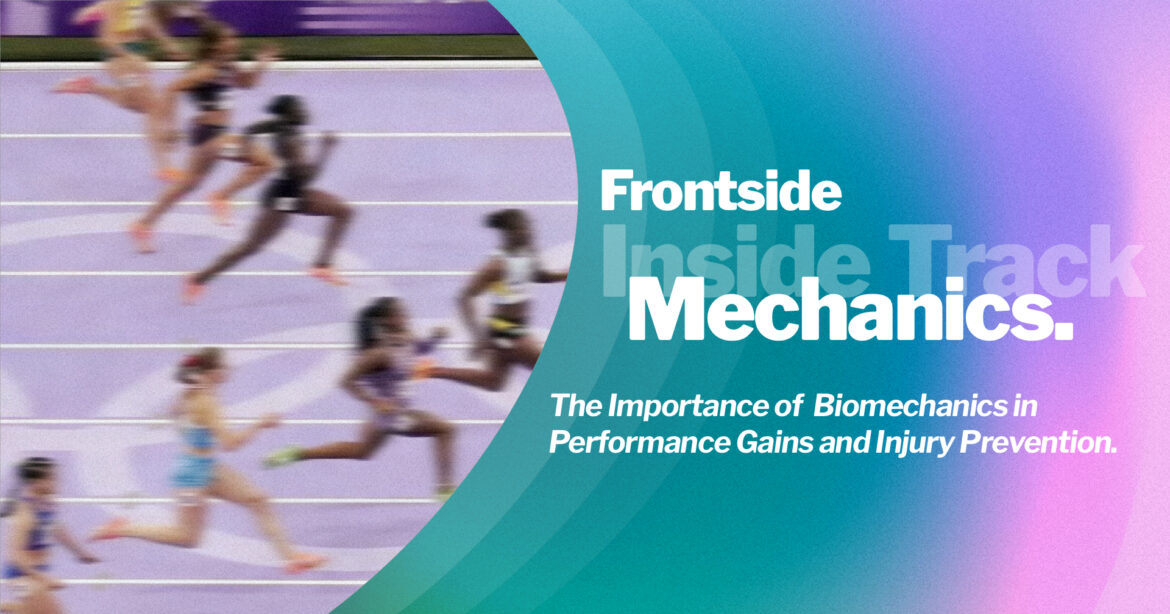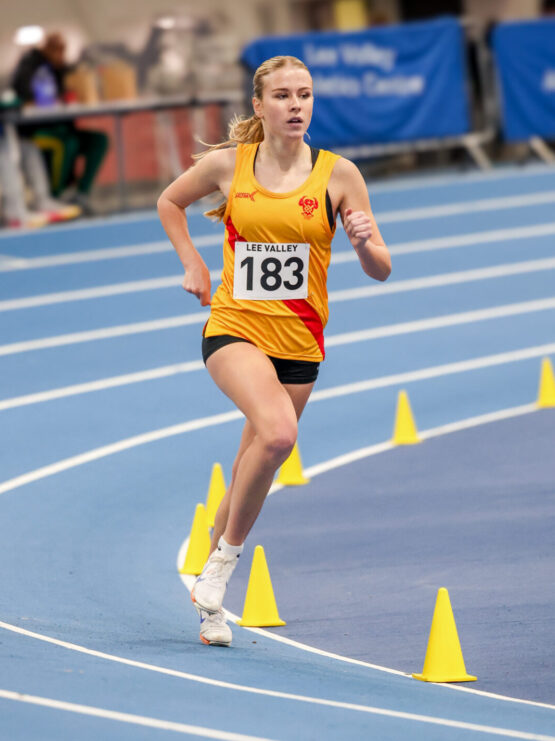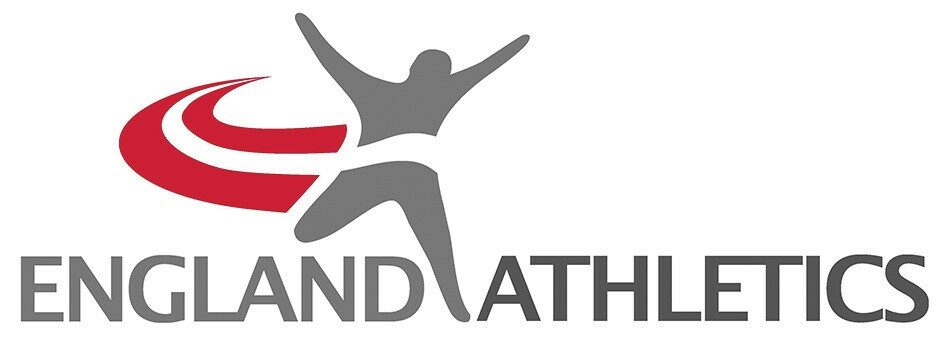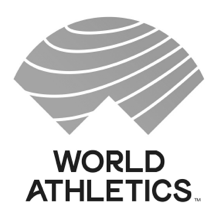Story By Bjorn Jansen
Running is often natural, but understanding and improving biomechanics is crucial for unlocking peak performance and staying injury-free. At SpeedPro, frontside mechanics are a cornerstone of our coaching philosophy, helping athletes refine their form for maximum speed, efficiency, and resilience.
At SpeedPro, we emphasise proper frontside mechanics to enhance power and speed. In contrast, backside mechanics is an inefficient movement pattern in which the legs rotate behind the body, increasing ground contact time and diminishing power. This will lead to no progression in training or competition and can result in injuries.
What Is Running Biomechanics?
Running biomechanics refers to the way your body moves while running. It involves:
- Stride Length and Frequency: How far and how often your feet hit the ground.
- Footstrike: Where your foot lands relative to your body and how it absorbs impact.
- Posture and Alignment: The position of your head, torso, hips, and legs during movement.
- Arm Swing: The role of your upper body in maintaining balance and rhythm.
Even small inefficiencies in these elements can have significant impacts over time.
Why Biomechanics Matter for Performance Gains
Optimising biomechanics isn't just about looking good while running—it's about running smarter and faster. Here's how improved form translates to better performance:
1. Increased Efficiency
Proper frontside mechanics reduce wasted energy. For example, minimising vertical bounce ensures more energy propels you forward rather than upward. A smooth, economical stride conserves energy, which is crucial for sprint finishes or long intervals.
2. Maximised Power Output
Efficient frontside mechanics enable you to generate more power with each stride. A strong, well-timed arm swing or an optimal footstrike pattern can significantly boost speed and acceleration.
3. Consistency at High Speeds
Poor form often deteriorates under fatigue. Focusing on your frontside mechanics allows you to maintain proper posture and stride even during a race's final, gruelling moments.
Preventing Injuries Through Better Biomechanics
Injury prevention is just as important as performance. Bad habits increase stress on joints, muscles, and connective tissues, leading to overuse injuries such as shin splints, plantar fasciitis, and IT band syndrome.
At SpeedPro, we emphasise proper frontside mechanics to:
1. Reduce Impact Forces
Improper footstrikes, such as overstriding, increase the impact on your knees and hips. Adjusting your stride to land closer to your centre of gravity reduces harmful forces and protects your joints.
2. Correct Muscle Imbalances
Uneven stride patterns or poor posture can cause specific muscles to overwork while others weaken. Targeted strength training and form drills address these imbalances, ensuring a balanced, powerful stride.
3. Improve Recovery
Efficient running reduces unnecessary stress on your body, allowing for quicker recovery and more consistent training.
How SpeedPro Refines Your Frontside Mechanics
At SpeedPro, we take a personalised approach to biomechanics:
- Video Analysis: High-speed cameras capture your form, highlighting inefficiencies and areas for improvement.
- Drill-Based Training: Exercises like low to high dribbles, A and B-skips, and stride-outs reinforce proper technique.
- Strength and Mobility Work: Targeted workouts improve core stability, hip mobility, and ankle strength to support better movement patterns.
- Progressive Feedback: We provide continuous, real-time adjustments to ensure lasting improvements.
The Finish Line
Running biomechanics is not just about detail—they're the foundation of every step you take. Refining your frontside mechanics is a game-changer whether you're chasing a personal best or trying to stay injury-free.
At SpeedPro, we combine science-backed techniques with individualised coaching to optimise your biomechanics and deliver lasting results. Ready to move better, reduce bad habits, run faster, and train smarter? Join us today and take your running to the next level.





